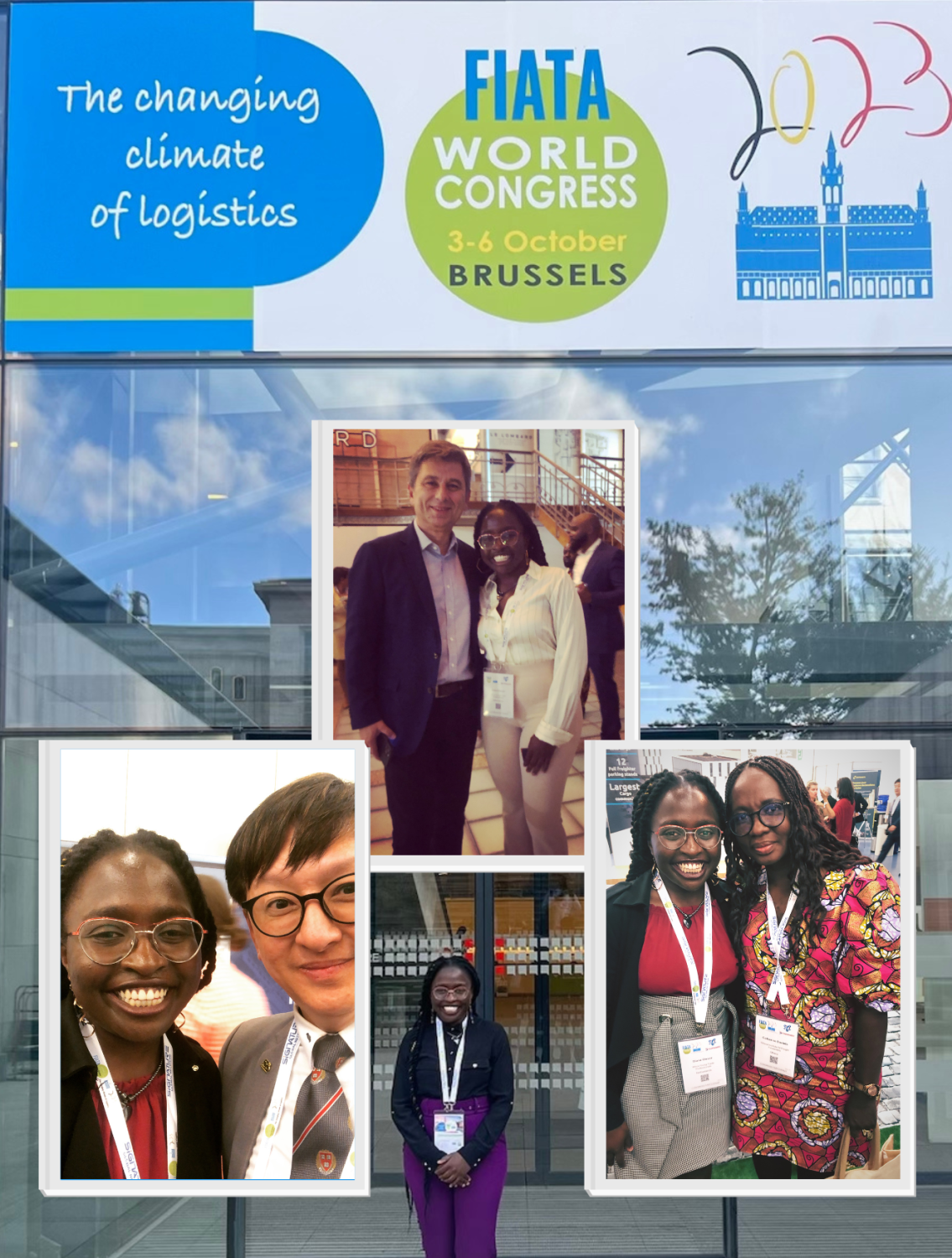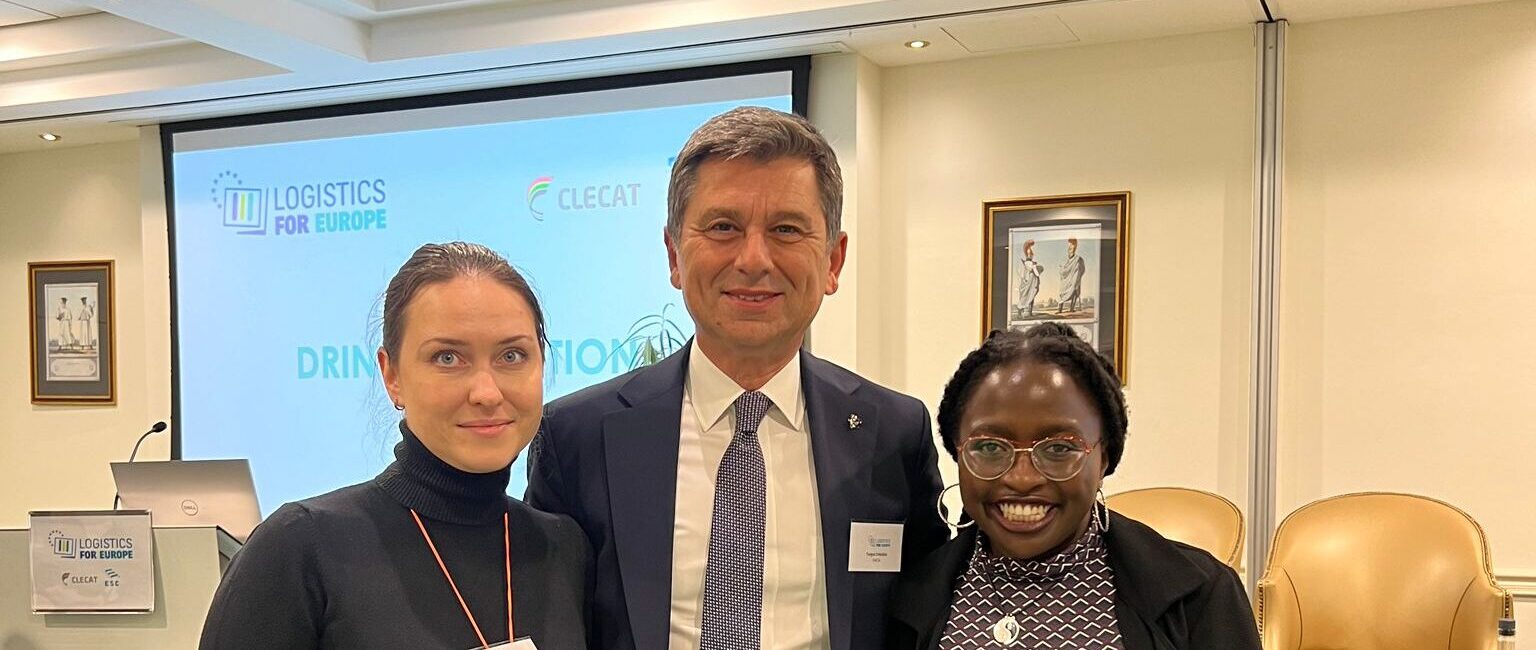(Originally Published on Oct 9th 2023)

The movement of goods remains one of the most intricate businesses in the 21st century, served by a network of professionals whom I was glad to join for the FIATA World Congress 2023.
Some key insights I noted:
On Digitization
- Shifting from paper operations to digital is not automatic and often requires an incentive. To illustrate, Tej Contractor’s session noted that Walmart was one of the first companies in the industry to require suppliers to use RFID labels, which in turn triggered the vendors to adapt, because Walmart was the buyer.
- Data can be used to neutralize perceptions and discuss things in an impersonable or detached way meaning the ability to have objective conversations is enhanced. It is said “Reality is often somewhere in between the data”.
- New data is not always a solution, at least not without some work. In freight, if a country comes up with a new way of capturing data it means more alignment is needed with the existing ways in other countries.
- In the past the query was “Do you have whistleblowing legislation?” but today there are questions around “Are the legislations working?” “Are they effective?”
- One of the simpler benefits of online processing of documents vis a vis hardcopy print is the ease of amendment as pointed out by Zakat, Tax and Customs Authority. In future the aim is to import and store goods without the need for a commercial record.
On climate impacts, security and the workforce
- In the new fuel environment there’s just not enough green fuel for there to be one winner. As Margi Van Gogh pointed out, first movers are not going to be immediately disadvantaged, by not having fast followers.
- It doesn’t matter how clean/green the mode of transport used is if it transports empty containers. Utilization is a key factor to consider in emissions.
- At times, from a national security point of view, there is need to implement more supply chain control e.g. for dual use products that can be used to make chemical weapons or as raw materials in production of medicine.
- There are several training programs offered by FIATA International Federation of Freight Forwarders Associations in collaboration with partners like International Civil Aviation Organization. These shouldn’t be taken for granted, because several people began practising the profession before the trainings were available and had to learn on the go.
- With the talent demands of the logistics industry, organizations are encouraged to be flexible towards online workers, including from other countries, as Catrien Scheers pointed out. It’s also important when nurturing young talent to be deliberate about their exposure to learning opportunities such as conferences.
Finally I appreciated the value of a legacy network that has been in existence for a longer period of time, not only are the members able to note the changes happening in the industry over the years, but are also best poised to illuminate the needs of the sector and work together through the trust built over time.
Quick tip I noted on dealing with a broad topic during a panel session with industry stakeholders: do a poll based on various subtopics within the subject, inviting the audience to choose the areas they would like to know more about and thereafter the panelists focus on the themes the audience has raised, in order of magnitude. This provides more value for all. I saw this being used brilliantly!



